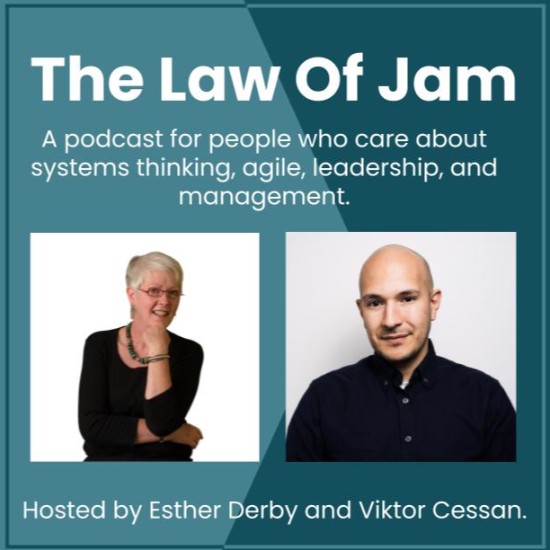Came across this quote today–seems a propros the discussion of management and leadership.
It seems to me that whereas power usually means power-over, the power of some person or group over some other person or group, it is possible to develop the conception of power-with, a jointly developed power, a co-active, not coercive power.
If leadership does not mean coercion in any form, if it does not mean controlling, protecting or exploiting, what does it mean? It means, I think, freeing. The greatest service [one person] can render another is to increase his freedom–his free range of activity and thought and his power of control.
Leader and followers are both following the invisible leaders–the common purpose.
Mary Parker Follett
What comes up for you when you read this?









Hi Esther,
What immediately came up for me was an inquiry I did around, “What is powerful?” and I found an interesting model called Appreciation-Influence-Control where we appreciate through listening, influence through dialog and control by action. We listen to many, influence few and control only ourselves. The power? It comes from /purpose/. http://aaron.sanders.name/inquiries/what-is-powerful-where-does-it-come-from
Hi, Aaron –
Thanks for sharing the link. Very interesting.
IME, people underestimate the power of listening, noticing, showing appreciation.
An elegant way to put a partial definition on leadership. (I think that) as soon as someone tries to put any force into leadership it immediately disqualifies the act from being an act of leadership. Leaders have followers, not subjects.
I also wish that the final sentence would be true in all cases but we sometimes get leaders that can assemble followers without the common purpose; charismatic persons that are followed in any direction. These persons can achieve great things but are more often than not a sure way to disaster.
Thanks for a great blog btw. I love your articles on feedback/appraisals. I’ve come into contact with a couple of persons lately that (REALLY) could benefit from them.
BR
Morgan
Hi, Morgan –
I think the reference to common purpose as the “invisible leader” is really interesting.
Some so-called leaders engage followers in a purpose that actually works against the followers interest–though the purpose is seldom phrased in a way that makes that obvious. Other leaders engage people in a purpose larger than themselves for the greater good.
I think within the workplace, it’s often neither so demagogic nor so pure.
Thanks for stopping by and commenting.
ED